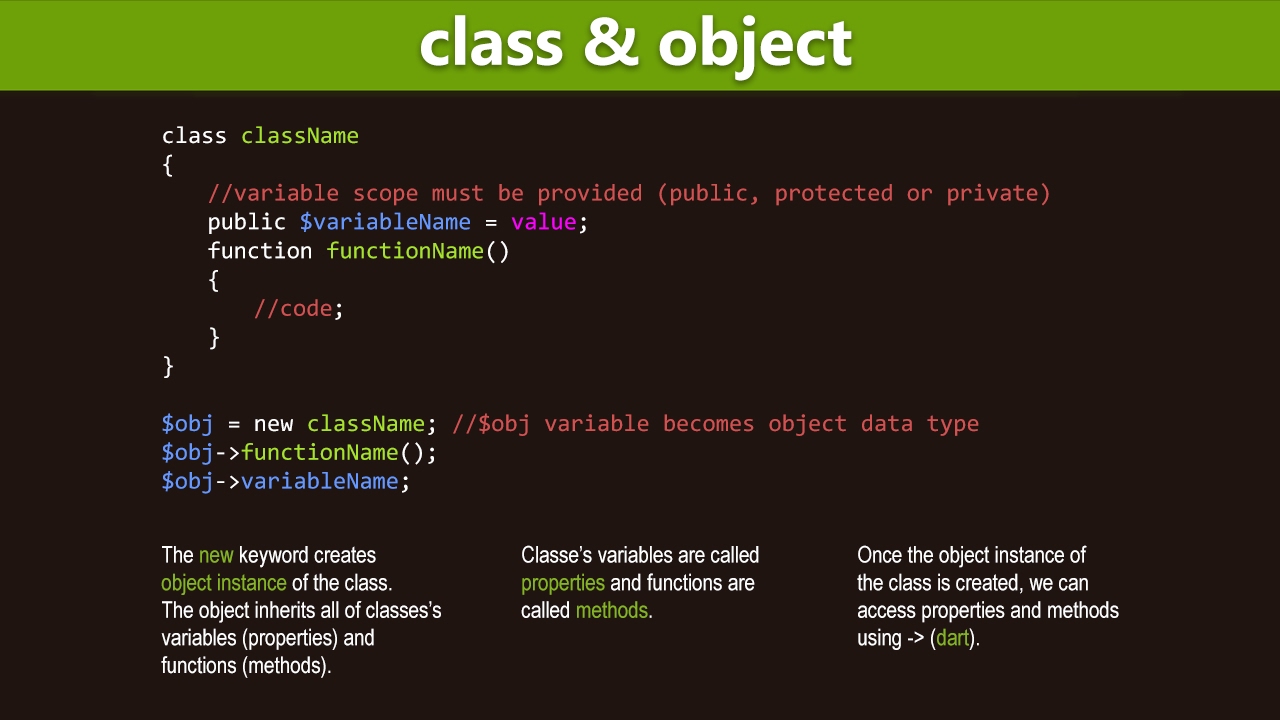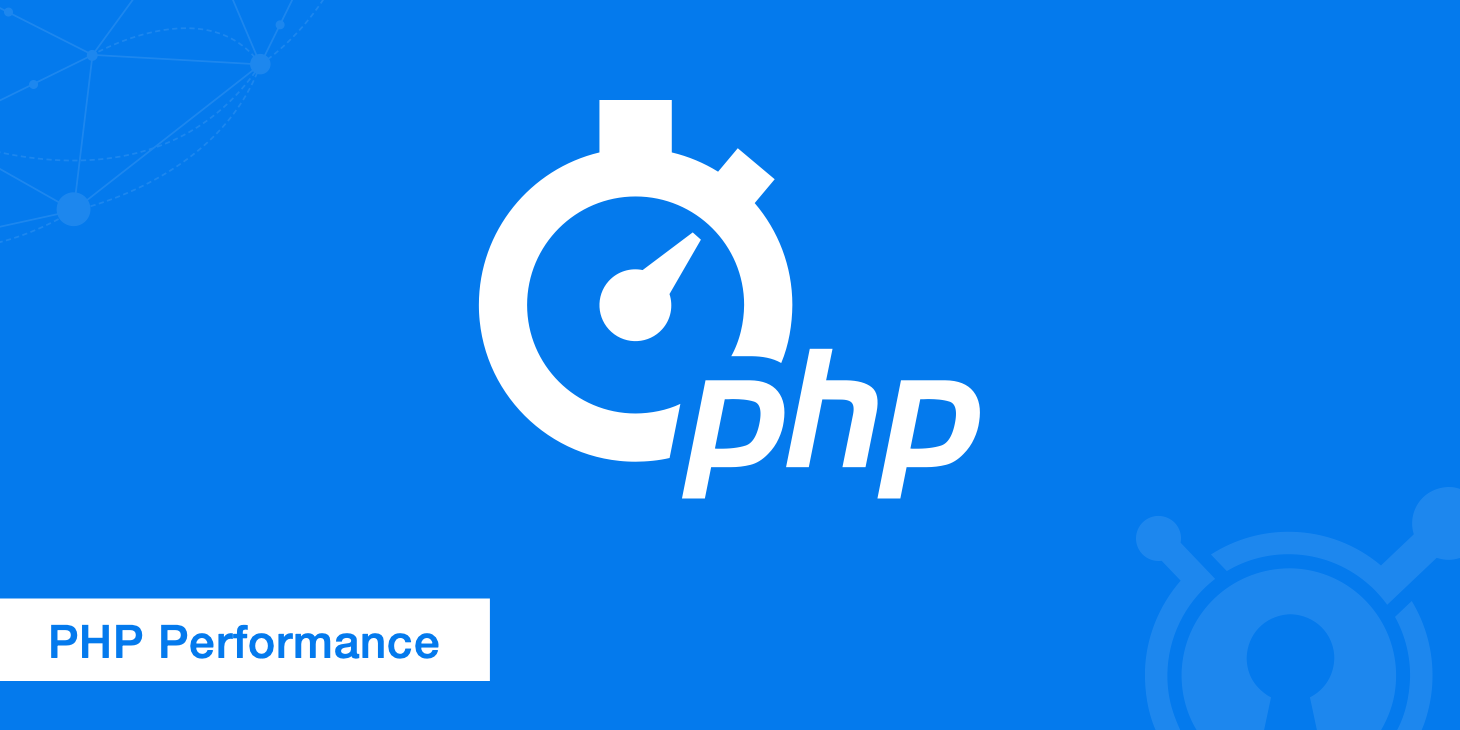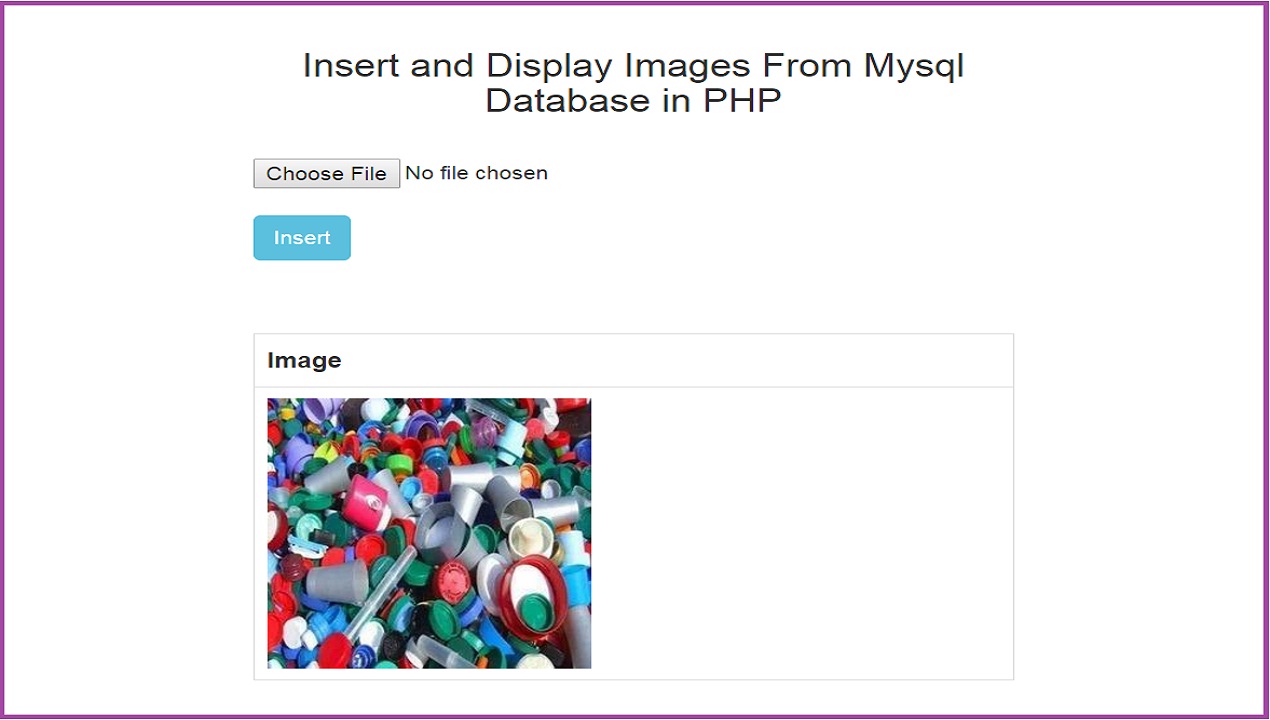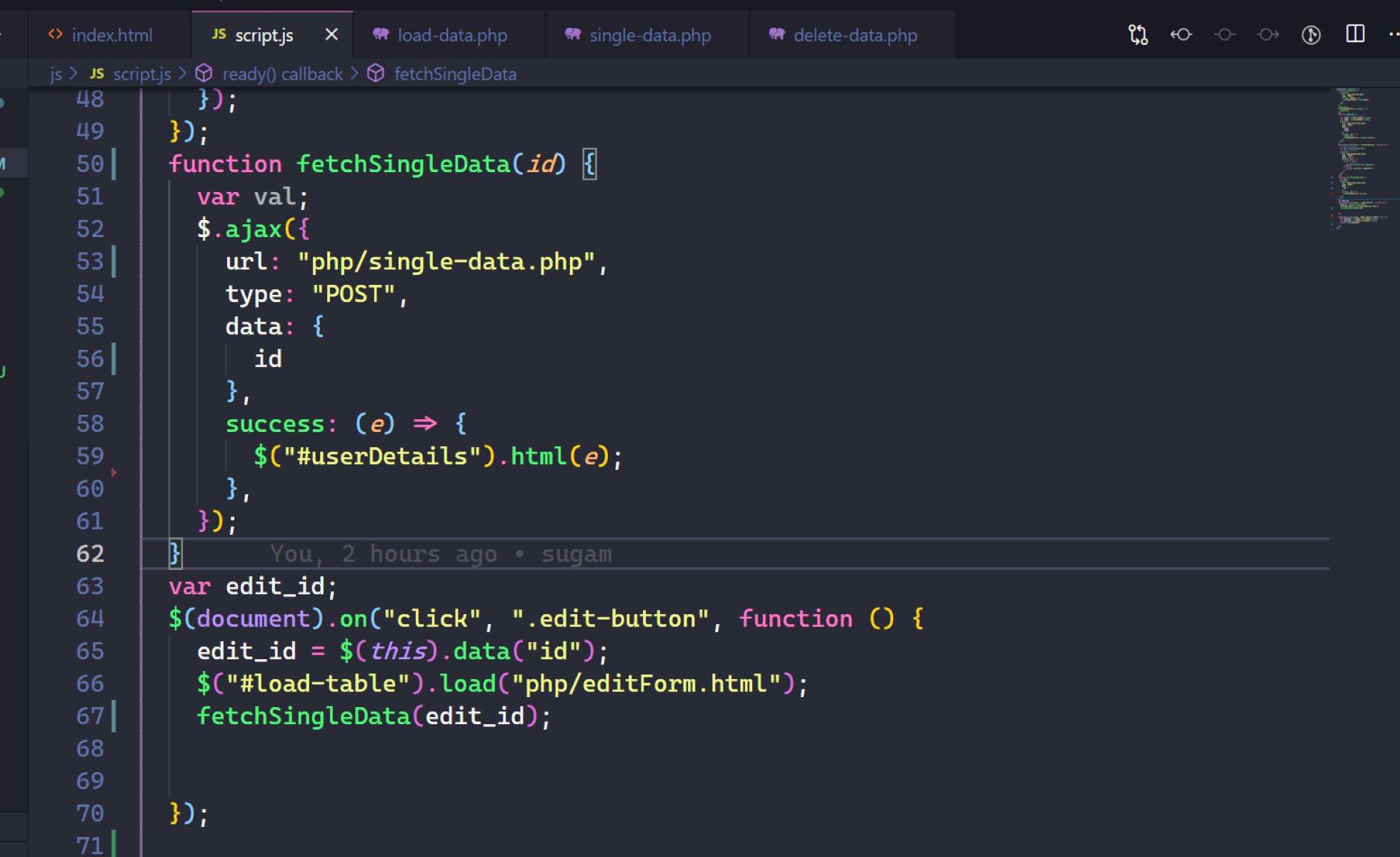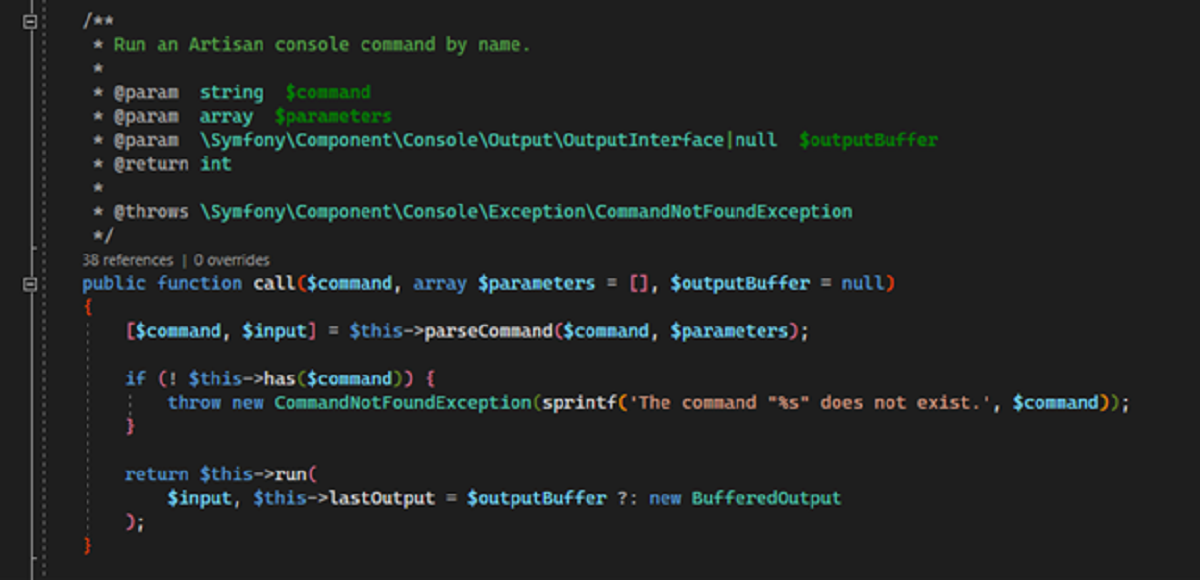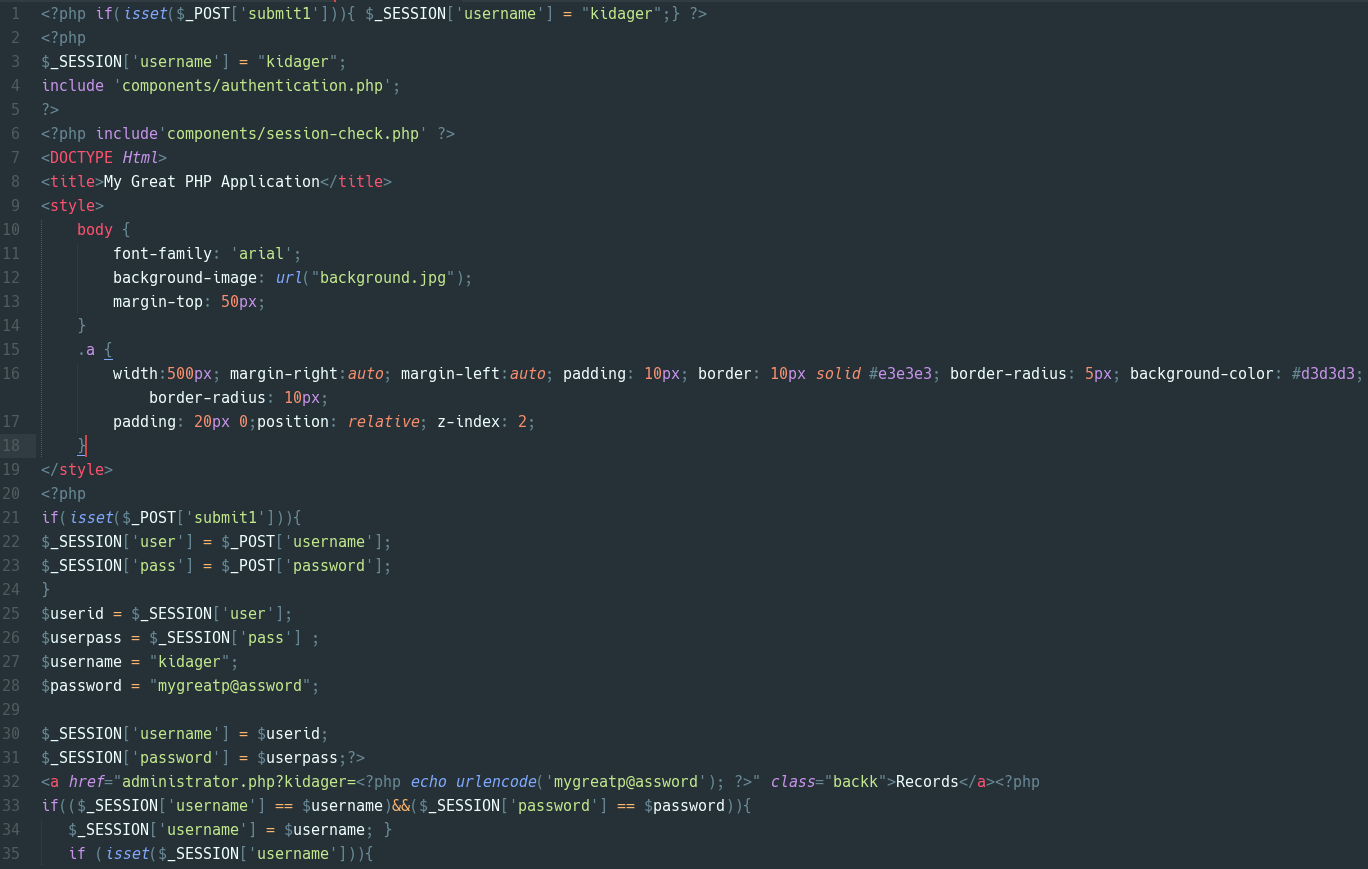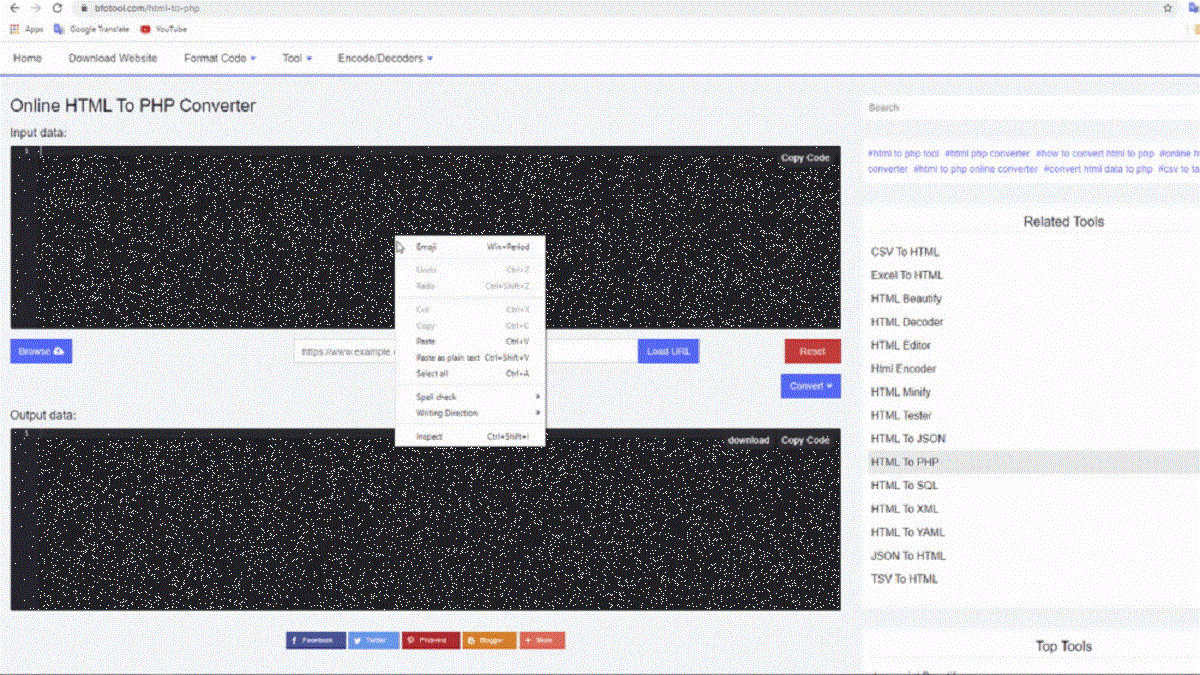Introduction
Static methods are an essential feature of PHP programming that allows developers to create functions and operations that can be accessed without the need to instantiate an object of a particular class. These methods are defined with the “static” keyword, which signifies that they belong to the class itself, rather than to any specific instance of the class. Static methods provide a convenient way to group related functionality together and can be accessed directly through the class name, without the need for an object reference.
In this article, we will delve into the concept of static methods in PHP, explore their benefits, and discuss various use cases where they can be effectively utilized. Understanding when and how to use static methods is crucial for writing clean, efficient, and modular code.
By utilizing static methods, PHP developers can enhance code reusability, improve performance, and organize their functions and operations in a structured manner. Whether you are working on a small project or a large-scale application, mastering the usage of static methods can greatly elevate your programming skills and enhance the overall maintainability of your codebase.
So, let’s dive deeper into the world of static methods in PHP, and discover the scenarios where they can provide elegant solutions to common programming challenges.
Overview of static methods in PHP
Static methods in PHP are class-level methods that can be invoked directly on the class itself, without the need to create an instance of the class. These methods are declared using the “static” keyword before their method name. Unlike regular methods that are associated with specific instances of a class, static methods are associated with the class itself. This means that they can be accessed and called using the class name followed by the scope resolution operator (::).
One important characteristic of static methods is that they cannot access non-static properties or methods of a class. This is because static methods do not have access to the specific state or data of any instance of a class. Instead, they operate on shared data or perform common tasks that are not dependent on the state of specific objects. Static methods are often used for utility functions, helper methods, or operations that manipulate global data.
Another key feature of static methods is that they can be called directly, without the need to create an instance of the class. This allows for easy access to these methods throughout the codebase, without the need for object instantiation. By invoking static methods directly on the class, developers can streamline their code and eliminate the need for unnecessary object creation.
It’s worth noting that static methods are not intended to be used as a replacement for object-oriented programming principles. While they provide a way to group related functionality together, they should be used judiciously and only when appropriate. Object-oriented design principles, such as encapsulation and inheritance, should still be followed to ensure code readability, maintainability, and extensibility.
In the next sections, we will explore the benefits of using static methods and delve into specific use cases where they can be particularly useful in PHP programming.
Benefits of using static methods
Using static methods in PHP can bring several benefits to your codebase and development process. Let’s explore some of the key advantages:
- Code Reusability: Static methods allow you to group related functionality together and use them across different parts of your codebase. By defining common operations as static methods, you can avoid duplicating code and promote code reuse, resulting in more maintainable and scalable applications.
- Easier Access: With static methods, you can directly invoke them using the class name without the need to create an instance of the class. This makes it more convenient to access utility functions or perform operations that don’t require object-specific data. It streamlines the code and eliminates unnecessary object creation, leading to improved performance.
- Global Scope: Static methods are not bound to a specific object instance, allowing them to operate on shared data or perform tasks unrelated to specific objects. This global scope provides flexibility and allows you to implement functionality that doesn’t rely on object state.
- Improved Performance: By using static methods, you reduce the overhead of creating and managing object instances. Since static methods are directly accessed through the class, there is no need to allocate memory and initialize objects, resulting in improved performance, especially in scenarios where object instantiation is not required.
- Namespacing: Static methods can be used to define and organize utility functions or helper methods within a class, providing namespace-like behavior. This avoids polluting the global namespace with standalone functions, making the codebase more modular, organized, and easier to understand.
- Easy Testing: Static methods can be easily tested without the need for object instantiation. This simplifies the testing process, as you can directly invoke the static methods in isolation and assert their behavior without worrying about the state of specific objects. This leads to more efficient and focused unit testing.
These benefits demonstrate the value of using static methods in PHP. They empower developers to create more modular, reusable, and performant code, ultimately improving the overall quality and maintainability of their applications.
When to use static methods
While static methods offer several benefits, it is important to understand when to appropriately utilize them in your PHP code. Here are some scenarios where using static methods can be advantageous:
- Utility Functions: Static methods are well-suited for implementing utility functions that perform common tasks not specific to any particular object state. These functions can be called directly on the class, making them easily accessible throughout the codebase without the need to create instances.
- Helper Methods: Similar to utility functions, static methods can be used to define helper methods that provide reusable functionality across different parts of your application. These methods can encapsulate common operations and be called directly on the class, making them easily available wherever needed.
- Mathematical Calculations: Mathematical operations or calculations that do not rely on object-specific data can be implemented as static methods. Examples include functions to calculate the factorial of a number, find the maximum or minimum value in a set of numbers, or perform statistical calculations.
- Caching: Static methods can be used to implement caching mechanisms. For example, you can create a static method that retrieves data from a database or an external API, and then caches the data for subsequent invocations. This can improve the performance of your application by reducing unnecessary database calls or API requests.
- Operations on Global Data: If your application requires performing operations on global data or shared resources, static methods are a suitable choice. They allow you to manipulate and access the global data directly without the need for object instantiation or passing data between objects.
- Factory Methods: Static methods can be used as factory methods to create instances of objects. These methods can encapsulate the logic for determining the appropriate object to create based on certain conditions or parameters. By using static factory methods, you can centralize object creation and make it more flexible and customizable.
It is important to note that static methods should be used judiciously and in the appropriate contexts. They are not meant to replace traditional object-oriented design principles, such as encapsulation and inheritance. When designing your classes, consider the nature of the functionality and the data required. If the functionality is closely related to the state of specific objects or requires polymorphic behavior, using regular methods and object instances would be more appropriate.
By understanding when to utilize static methods effectively, you can leverage their advantages and write cleaner, more modular code in your PHP applications.
Use cases for static methods
Static methods in PHP provide a powerful toolset for various use cases. Let’s explore some common scenarios where static methods can be particularly useful:
- Mathematical Calculations: Static methods are highly effective for implementing mathematical calculations or algorithms. For example, you can create a static method to calculate the area of a circle or to convert temperature units. These methods can be accessed directly on the class without the need for object instantiation.
- Singleton Pattern: The singleton pattern involves creating a class that can have only one instance throughout the application’s lifetime. Static methods are commonly used to implement the singleton pattern, ensuring that only a single instance of the class is created and allowing access to it through a static method.
- Database Operations: Static methods can be used to encapsulate common database operations, such as querying or updating data, making the codebase more organized and maintainable. These methods can include parameterized queries, transaction management, or methods for retrieving data based on different criteria.
- Configuration Management: Static methods are well-suited for managing application configuration settings. You can create a static method to load and parse configuration files, providing easy access to configuration data throughout the codebase without the need to repeatedly read the configuration file or pass configuration values to objects.
- Logging and Error Handling: Static methods can play a crucial role in logging and error handling. By defining static methods for logging or error handling, you can centralize these operations and provide a consistent mechanism for capturing and managing logs or handling errors across your application.
- Validation: Static methods are commonly used for input validation. You can create static validation methods to check if a given input meets certain criteria, such as validating an email address, password strength, or form data. These methods can be called directly on the class, providing a convenient way to perform validation tasks without the need for object instantiation.
- Helper Functions: Static methods can be used to define helper functions that serve a specific purpose and can be called from different parts of the application. These functions can encapsulate common operations or provide reusable functionality, promoting code modularity and reducing code duplication.
These are just a few examples of how static methods can be utilized to improve code organization, reusability, and efficiency in different aspects of your PHP applications. By leveraging the power of static methods appropriately, you can enhance the structure and functionality of your codebase.
Conclusion
Static methods in PHP offer various advantages and serve as a valuable tool for organizing and optimizing your codebase. By understanding when and how to use static methods effectively, you can improve code reusability, performance, and maintainability.
In this article, we have explored the concept of static methods in PHP, their benefits, and different use cases. We learned that static methods allow us to define functions and operations that can be accessed directly on the class, without the need for object instantiation. They are particularly useful for implementing utility functions, mathematical calculations, database operations, and configuration management.
Static methods provide a global scope and make it easier to access and organize common functionality throughout the codebase. They also offer improved performance by eliminating the overhead of creating object instances.
However, it is important to use static methods judiciously and in the appropriate context. They should not be used as a replacement for traditional object-oriented design principles but rather as a complement to them. Object-oriented encapsulation and inheritance should still be followed to ensure code readability and maintainability.
By leveraging static methods effectively, you can write cleaner, modular, and efficient PHP code. Whether you are working on a small project or a large-scale application, mastering the usage of static methods can significantly enhance your programming skills and the quality of your codebase.
So go ahead, explore the possibilities of static methods, and embrace their benefits in your PHP programming!









